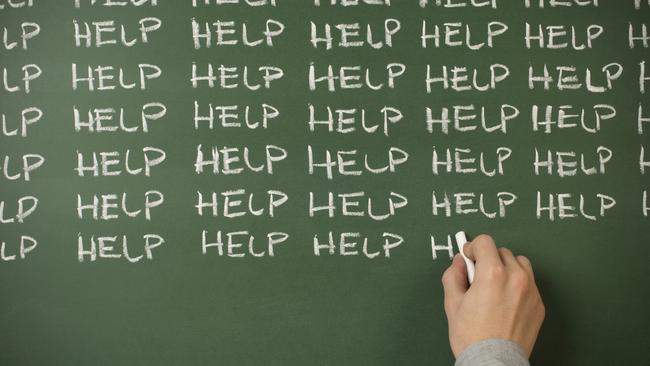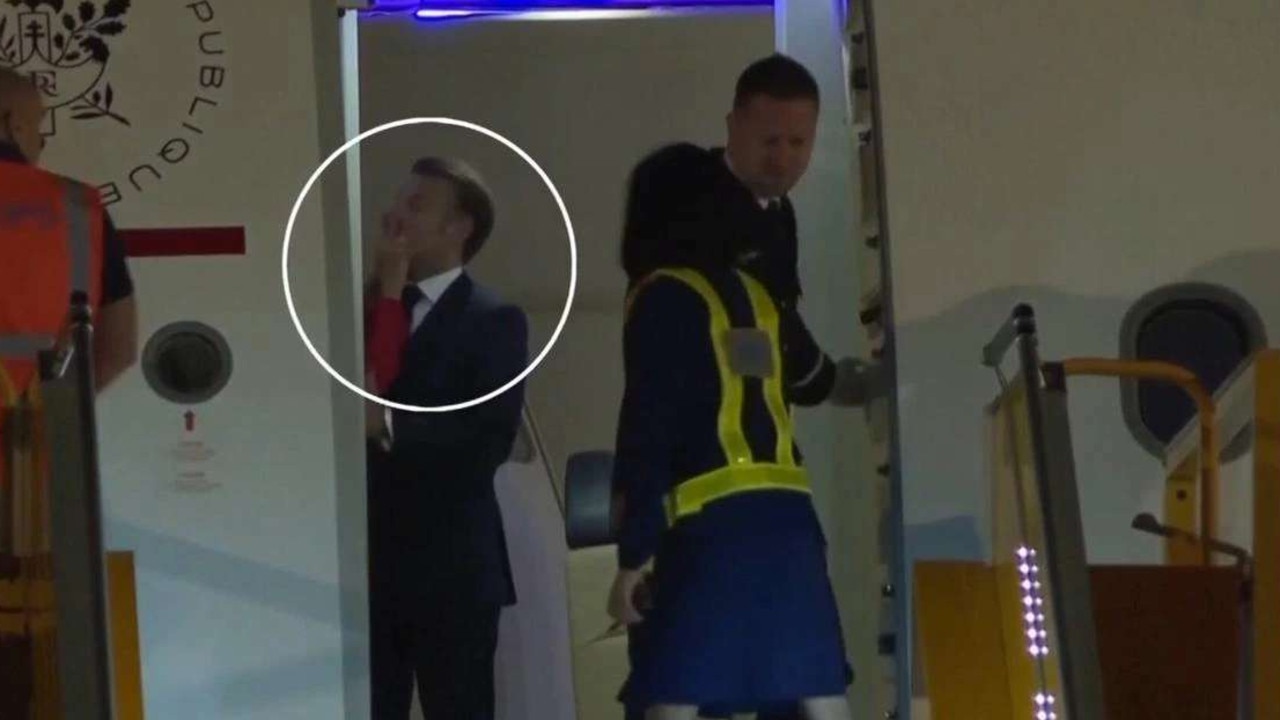We must offer greater incentives to attract the best minds into teaching
To ensure children receive a good education, greater incentives are needed to attract the brightest minds to the profession, writes Kylie Lang.

Kylie Lang
Don't miss out on the headlines from Kylie Lang. Followed categories will be added to My News.
Drastic change is needed if our kids are to have any hope of a decent education.
Not only is there a recognised shortage of specialist teachers for key subjects like maths, but trainee teachers are dropping out of their courses in record numbers.
And many of those who do complete teaching training are not what you’d call the sharpest pencils in the box.
When Federal Education Minister Alan Tudge said this week Australia needed to better train future teachers, concerning facts were exposed.
Only half of all students who begin a teaching course finish it, with education becoming a hugely unpopular choice of career for school leavers.

At some institutions, completion rates are as low as 34 per cent, with an overall fall of 12 per cent in the last decade. A government discussion paper also shows pass rates for the literacy and numeracy test for initial teacher education (ITE) are as dismal as 76 per cent.
Upon a thorough reading of the Quality of Initial Teacher Education Review discussion paper, released on Monday after the review began in April, I think parents as well as educators already at breaking point should be worried.
Most school leavers, admitted to undergraduate ITE programs on the basis of their secondary education results, are not “high achievers”.
Just 39 per cent have an Australian Tertiary Admission Rank (ATAR) of above 80, according to 2019 figures.
Furthermore, the proportion of high achievers aged 20 or under who choose teaching has plummeted by one-third since 2006, with only four per cent of them studying education.
Far more attractive to these bright sparks are careers in IT, and you can bet that has a lot to do with salary expectations and job satisfaction.
Who could blame them? Gone are the days when teaching was widely and fittingly regarded as a noble career.

Although Australians might profess to value education, it is painfully clear they don’t.
One example of this is parents refusing to support teachers in disciplining their children, increasingly to the extent of bashing educators who dare to criticise their precious offspring.
On the lesser end of the scale, it’s parents switching off from their part in educating their children by refusing to see that homework is completed and that kids arrive at school on time, with food in their bellies and not sleep-deprived, including from an unchecked use of digital devices. I know more teachers than people in any other professions, excluding my own, and the rubbish they have to deal with is ridiculous.
Those who do stick it out and deliver strong outcomes should be loudly applauded and appropriately supported, including with remuneration that matches the important job they do.
The incentives to attract and retain talented others must be urgently improved.
In the world’s top performing countries in education, such as Singapore and Finland, competition to become a teacher is fierce.
Only one in 10 students who apply for the required tertiary training is accepted, according to the Grattan Institute.

These countries just don’t take anybody with a pulse, and it shows in their results in international benchmarking.
In Australia, while the delivery of ITE has been somewhat reformed in the last decade, particularly since the 2014 Teacher Education Ministerial Advisory Group review, more needs to be done.
Are students receiving sufficient guidance and supervision to excel in their degrees? Does the subject matter reflect the practicalities of the job?
How can support be ramped up for graduate teachers so they can manage workloads and workplace stresses?
And what further encouragement can be given to people to switch to teaching later on, bringing with them invaluable life and industry experience?
Good teachers don’t only instruct and inspire kids to achieve their academic best but also their personal best.
It is imperative we have enough of the right people in the job.
Kylie lang is associate editor of the Courier-Mail



